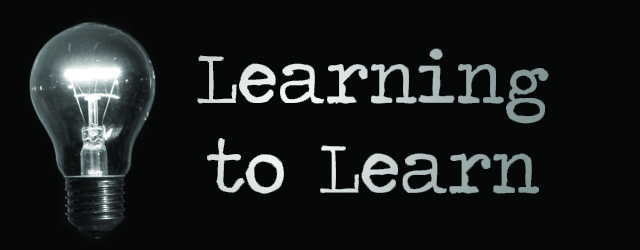
Becoming the Strength Coach You Were Meant to Be
Part 2
There are many ways in which a person can learn content in this profession. Self-education is probably the most important factor in being successful. This applies to all professions, not just strength and conditioning. With that being said, I will take you on a journey to all the sources from which I get my information and how to learn from each.
Books
Obviously, this is a great way to get information. If we are talking about textbooks for classes, they may be a little dry, but this is where we all usually start to learn the basics. Some of the best sources are in biomechanics and anatomy and physiology. Usually any version will do fine…as long as it's an updated version (i.e. not from the 1970s).
Here is a list of good textbooks to start with:
- NSCA’s Essentials of Strength and Conditioning
- Science and Practice of Strength Training
- Supertraining
- Periodization
- Block Periodization: Breakthrough in Sport Training
Then you have the books written by top authorities specifically for the field. This is where you’ll likely learn the most. Many times these are just more interesting and easier to read. And because they are usually specialized, you can find books in areas of the field in which you have more interest.
Here is a list of good reads:
- Conditioning for Strength and Human Performance
- Training for Speed, Agility, and Quickness
- Never Let Go: A Philosophy of Lifting, Living, and Learning
- Starting Strength
The best way to learn from these books is to take notes on important points while reading, use page markers to notify the most important pages or sections, and take the quizzes at the end of each chapter to ensure comprehension. Also, you may want to consider talking to a friend about what you just learned. This will increase your retention more than just reading the material.
Journals
There are some journals you can subscribe to that have articles written by peers in the field. These are usually not as dry as books but also aren't as research based as books or professional research journals. However, they usually serve as a good source of practical information, which many of you will find very important as you get further into your careers.
In this instance, what you read will be more practical, so you can try to implement the new information into your program to see whether or not you agree with it. This could be anything from a new way of coaching to a new exercise or programming method. For the most part, trial and error rule this game!
Good sources include the Strength and Conditioning Journal and Training and Conditioning Journal.
Professional research journals
This is where learning gets serious. Many organizations offer membership research journals for their fields. Examples include the Journal of Strength and Conditioning Research from the NSCA and the Journal of Sports Science and Medicine.
Research journals are where information can help or hurt you. When reading each study, the reader has to make sure they know “how” to read studies. I know this sounds weird, but some studies may have major design flaws that end up creating results that shouldn't have happened. Mark Young has a great product out on how to read research the proper way. If you are currently or will be pursuing a master’s degree, I suggest waiting to take a research methods class before making the purchase. See what you can learn from the class and then decide about the purchase of Mark’s product.
That being said, there are some solid studies completed that contribute to our field every day. Learn from those studies by taking their results and applying them to your athletes’ training.
Websites
Websites are another practical information mega source. However, the reader must beware of the background of authors on these sites. Avoid getting information from forums, but read articles to your heart’s content. There are some very knowledgeable authors on sites such as elitefts™ and T-Nation. Give these sites a look and think about applying information from knowledgeable authors to your training/coaching.
Blogs
Reading individual blogs is another way to get some great information. However, just like with websites, you must beware of the author and the content he writes. Do some research on the author before you trust what she writes. Remember, all it takes for a blog is a credit card. You can refer to my homepage for a list of good blog sources.
Webinars
Webinars are a great source of information on the run. These are great because you can listen to them on your drive to and from work or while traveling. These times are normally used for listening to music, which is fine, but learning isn't happening when it could be. Use that time to get better. If listening at home, you can take notes during the episodes.
Great sources of webinars include the Strength and Conditioning Webinars website and NSCA’s webinars.
Giving presentations/tutoring
The ultimate way to learn is to teach others. What better way to do so then by giving presentations at nationals or local conferences! This will also give you exposure to great minds in the field where you can ask questions and get to know them better. Along this theme, you can also tutor others who don't know topic areas as well as you do or who may be younger in the field than you. Teach them and in turn you will be learning the material better yourself.
I hope this helps all of you learn something new! Keep learning and continuing to grow as a professional in this great field.









